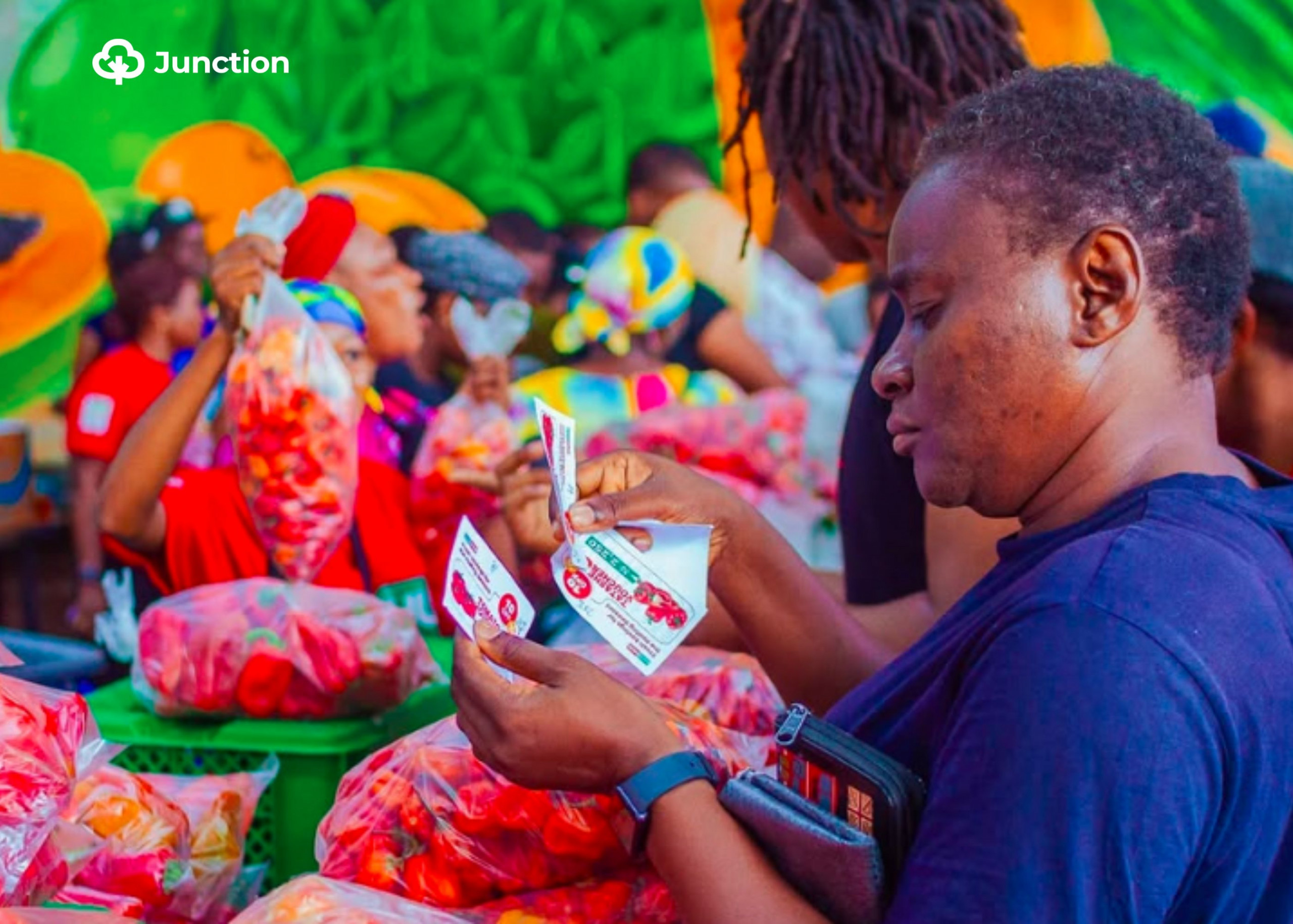News in Brief:
– Lagos State anticipates an annual food demand of ₦8 trillion by 2030 due to population growth and is implementing strategies to bridge the widening supply gap.
– These initiatives aim to enhance food security, boost local production, and transform the state’s agricultural sector.
The Lagos State Government projects a significant surge in its annual food demand, reaching an estimated ₦7.96 trillion by the year 2030.
This substantial increase is anticipated due to the state’s growing population, which is expected to reach approximately 24 million residents.
Official highlights supply gap and production targets
The Commissioner for Agriculture and Food Systems, Abiola Olusanya, revealed these projections during a briefing marking the sixth anniversary of the current administration.
She highlighted the existing disparity between the state’s current food production levels and the escalating demand.
According to her, without a significant boost in local output, Lagos would need to import roughly ₦3.38 trillion worth of food annually by 2030 to meet the needs of its populace.
To achieve a target of 40% local food production, the state needs to increase its output by about 20% each year.
Agro-produce hub records ₦3 billion transactions
Also, the Commissioner revealed the positive impact of the Mid-Level Agro Produce Hub in Idi-Oro, Mushin, launched in December of the previous year.
This initiative aims to provide access to affordable and wholesome food. Since its establishment, the hub has facilitated food transactions valued at over ₦3 billion. The Mushin hub is part of a larger strategy to transform the food system within Lagos, with plans underway for three additional hubs in Agege, Abijo, and Opebi.
Also, the commissioner revealed efforts by the administration to tackle food security challenges. She said that the Lagos State Government has established key infrastructure, including the Lagos Cattle Transit Station, Ranches, Central Food Security Systems, and a Logistics Hub in Epe.
Furthermore, she noted the development of a five-year agricultural and food systems roadmap, alongside a food security policy document, as being crucial in guiding productivity within the sector.
Initiatives support households and farmers
Listing achievements in this regard, Olusanya stated that the Ounje Eko Food Discount Market Project has provided subsidised food items to 800,000 households.
Additionally, the Ounje Eko Farmers’ Subsidy Programme has supported 3,726 poultry and fish farmers with discounted feed.
Meanwhile, the Lagos Rice Mill in Imota has made significant strides, producing over 240,127 bags of 50kg rice and generating both direct and indirect employment opportunities. She added that the state has also forged partnerships to ensure the sustainable production of paddy rice and to receive technical assistance.
Other efforts include the construction of 13 km of farm access roads, six jetties, and 15 cottage processing centres through collaborations with the World Bank on the APPEALS and Lagos CARES projects.
She mentioned the Lagos Food Festival, the Urban Farming Initiative, the Eko Agro Mechanisation Project, the establishment of the Aquaculture Production and Processing Centre (LACE), and the Lagos Agripreneurship Programme, all geared towards improving the sector.
Overall, the Commissioner commended the Governor’s efforts, stating that the administration’s various initiatives have fundamentally reshaped food production, processing, and marketing practices in Lagos.



